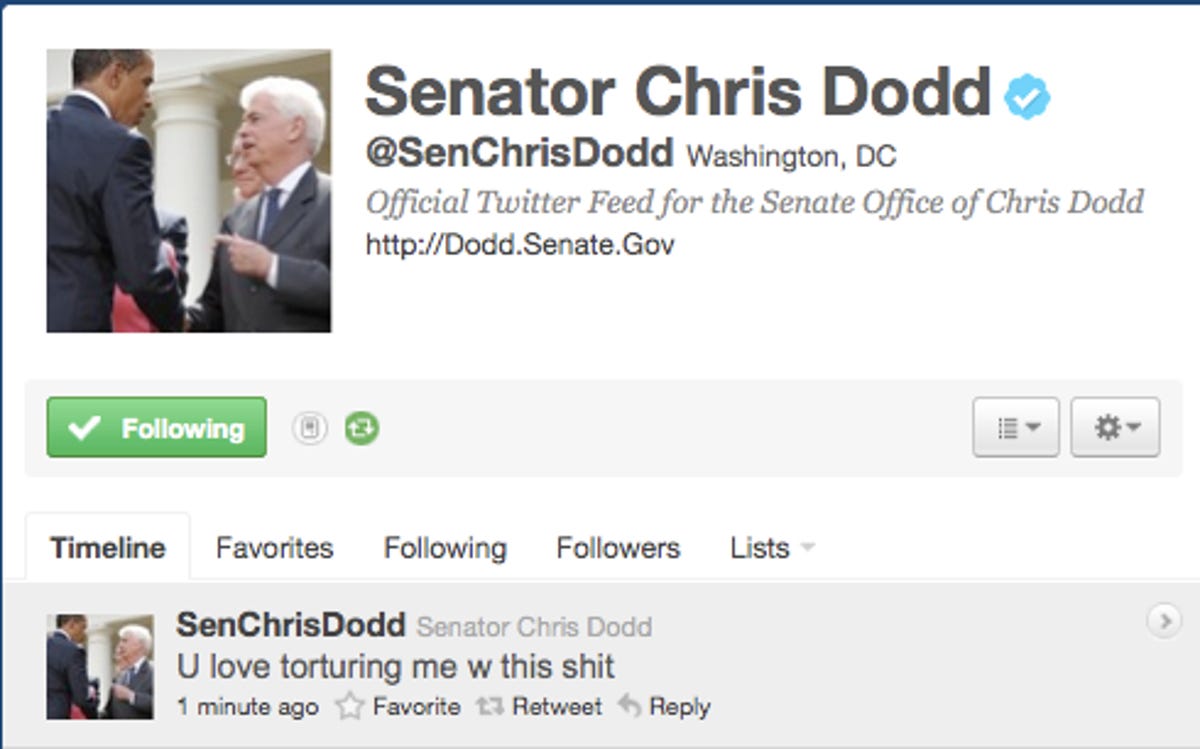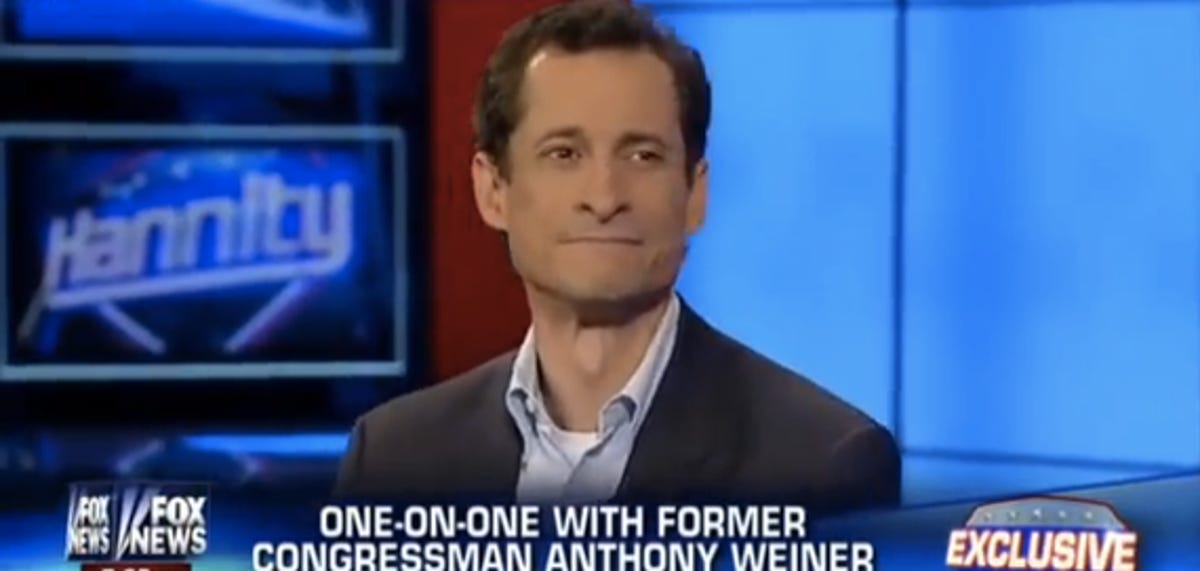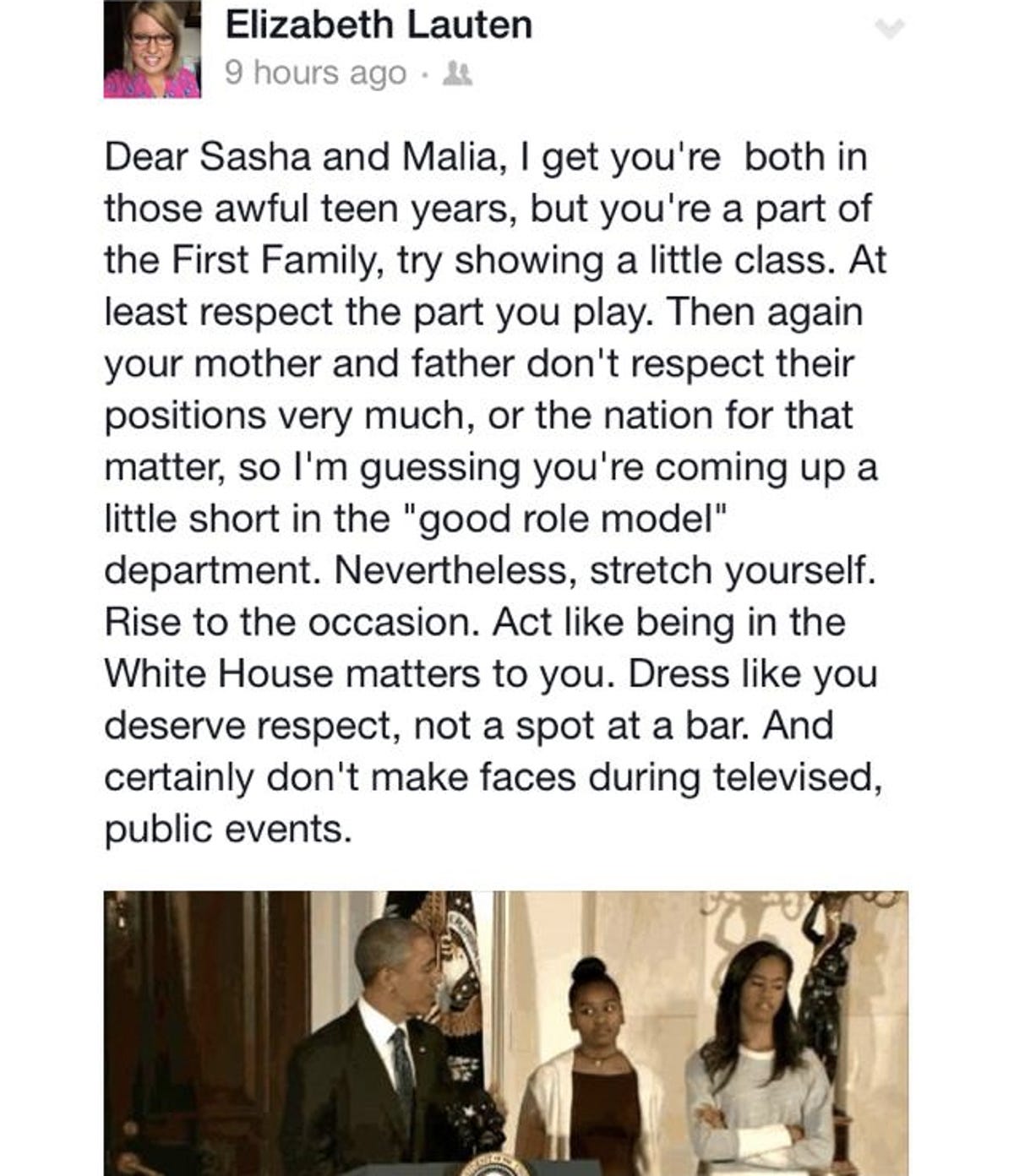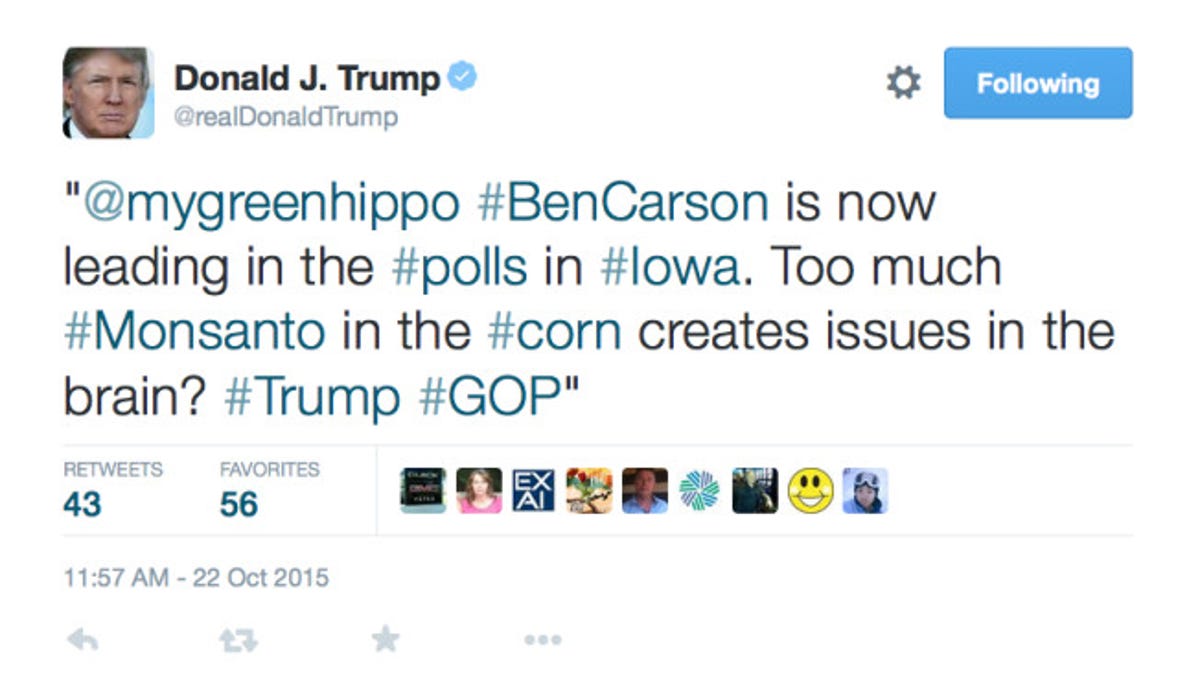It’s not exactly the new third rail of American politics, but social media can certainly deliver a jolt to the careless campaigner.
This week, Republican US presidential candidate Ted Cruz canned his spokesman, Rick Tyler, for misrepresenting a video clip on social media that made it seem as though rival Marco Rubio was mocking the Bible. The week before that, Jeb Bush, then still a Republican presidential hopeful himself, tweeted a picture of a handgun engraved with his name — a move that quickly drew fire.
They’re just the latest in a long line of social-media fails for politicians that we can trace all the way back to the MySpace era. Here’s just a sampling of the history, so far, of social scandals involving politicians both on the campaign trail and in office.
Today, few people remember Carmen Kontur-Gronquist, once the mayor of Arlington, Oregon, who was recalled from office after photos began circulating of the small-town leader in lingerie on a MySpace page. Back in 2008, it made national news and became a harbinger of a new era.
To be sure, many politicos have found social-media outlets much to their liking. Twitter, Facebook and Instagram are chock full of chest-thumping posts and heartwarming images, an easy place to rally supporters and dodge the pesky mainstream media.
But social media is also an easy place to slip up.
Related stories
- Jeb Bush tweets picture of engraved gun, social media fires back
- Twittersphere: Um, sorry, Hillary Clinton, but you’re #NotMyAbuela
In 2010, we saw one of the first political casualties on a national level claimed by the seemingly compulsive Twitter rantings of Scottish Labor parliamentary candidate Stuart MacLennan. Most of his offending tweets are too foul-mouthed to repeat here, and calling elderly constituents “coffin dodgers” didn’t help his case. Ironically, his string of ranting tweets included a bit of prognostication:
“(Blogger) Iain Dale reckons the biggest gaffes will likely be made by candidates on Twitter,” MacLennan wrote on Twitter, according to The Sun. “What are the odds it’ll be me?”
Pretty good, it turns out. Shortly thereafter both MacLennan’s campaign and his Twitter account were suspended.
As Twitter’s popularity grew among the political class in Washington, D.C., there were warning signs that some of the world’s most influential people were in over their heads. For instance: Later in 2010, the official account of former US presidential candidate and then Senator Christopher Dodd of Connecticut inexplicably tweeted an obscenity:


Then in 2011 the first true Twitter-tastrophe broke.
The career of the unfortunately named Anthony Weiner in the US House of Representatives came to an embarrassing end after one of the all-time great Twitter fails. Weiner resigned his office after he tweeted a picture of his crotch and initially tried to blame the incident on hackers but eventually admitted to having a handful of sex-related chats over Twitter, Facebook and email.


Screenshot by Chris Matyszczyk/CNET
But politicians hung with the Twitter, probably because all their young staffers assured them it was cool. In the 2012 US presidential campaign, Republican candidate Newt Gingrich was accused of buying most of his Twitter followers, a charge that the candidate’s staff denied. His campaign later undid itself, largely without the help of social media.
In 2013, Anthony Weiner gifted us with an encore of embarrassment during a failed run for mayor of New York City, when it was revealed he was up to some of his old tricks exchanging sexy messages online. This time it was under the alias “Carlos Danger,” which somehow manages to be even more mockable than his unbelievably apropos given name.
Sometimes politicians’ use of Twitter has just been plain baffling, rather than gaffe-ling:
Windsor Heights Dairy Queen is good place for u kno what
— ChuckGrassley (@ChuckGrassley) November 3, 2014
“>
Ted Cruz isn’t the first politician to seek the resignation of a staffer after some questionable judgment on social media. In 2014, Elizabeth Lauten, communications director for Rep. Stephen Fincher of Tennessee, wound up out of her job after essentially bullying President Obama’s teen daughters over their wardrobe choices on Facebook, according to Gawker:


And that brings us up to the current Presidential election cycle here in the US, which has been driven by social media like never before. For starters, Donald Trump, the current Republican front-runner, is a master of Twitter if ever there was one.
But even The Donald has had his missteps. He (kind of) apologized and deleted a bizarre tweet wondering if Iowans were supporting rival Ben Carson over him late last year because “Too much #Monsanto in the #corn creates issues in the brain?”


In the end though, Iowans may have taken the insult to heart. Earlier this month, Trump wound up falling short in the Iowa caucuses, coming in second behind Cruz.
As for Carson, his fortunes have soured considerably since that early poll that put him ahead of Trump in Iowa. Surely it didn’t help his campaign that his staff took some liberties with the geography of New England in this social media post that then went viral for the wrong reasons.
What a strange map of New England from Ben Carson. pic.twitter.com/VbVktoZA0T
— andrew kaczynski (@BuzzFeedAndrew) November 17, 2015
“>
Apparently, New Hampshire primary voters weren’t too fond of Carson’s efforts to shove them into Canada; the candidate garnered less than 3 percent of votes in the Granite State earlier this month.
So social media has already made its mark on this election cycle, perhaps more than any other in history. Be prepared, folks: The show is really just getting started, with more than eight months of campaigning that will only intensify as we head to the big general election in November.
Secure your Tweetdecks. This is going to be one wild ride.




